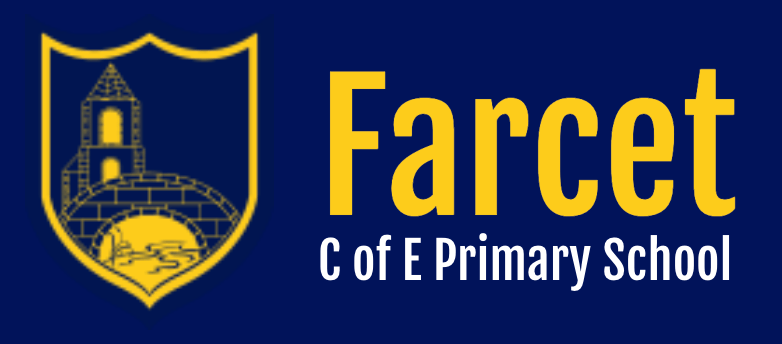
LATIN
'Let your light shine' (Matthew 5:16)
Intent
For generations a classical education was considered a privilege for the few, not the many, but now its revival in primary and secondary state schools is well underway.
There is increasing evidence that the study of classical subjects helps to:
- raise pupils’ aspirations and achievement. Widening access to classical subjects can help to break the link between educational opportunity and disadvantage, giving pupils the confidence to progress to higher education.
- support language skills for pupils of all abilities, encouraging a structured approach to grammar and a strong foundation for literacy and learning modern foreign languages.
- encourage cultural insight and awareness, offering pupils new perspectives on contemporary issues.
“It’s about the pupils learning Latin, but it’s about so much more than that too. It’s the principle that our pupils should have access to a wide curriculum and that exciting subjects like classics should be available to everyone.” - David Hogg, Kelmscott School, Bridge Group Report (2017).
Furthermore, at Farcet CofE Primary School, we teach Latin as it provides the following:
•It offers the opportunity to reinforce the teaching of English vocabulary and grammar through all our curriculum subjects, as well as any reading for pleasure.
• The language lends itself to a systematic and effective style of teaching.
• Latin is a logical step after phonics, reinforcing the notion of structure and pattern in language.
• It provides a paradigm for language learning in KS3 and beyond, and enables the learning of other romance languages such as Spanish and French.
• Teaching the subject allows insights into myth and other cultural aspects that form the basis of modern Western culture.
Implementation
At Farcet Church of England School, we use a combination of Maximum Classics, as well as Minimus (both recommended by Classics for All) to provide our children with a comprehensive coverage to suit our Mixed-Age teaching.
Maximum Classics explores the interplay between Latin and English and every lesson incorporates games or activities drawing on this. The course also tracks KS2 elements such as word class, tense and auxiliary verbs using the same terminology used in English spelling and grammar teaching. It consists of sixteen units, each with a particular grammar focus. At Farcet C of E Primary School, we focus on twelve of these sixteen units. In KS2
Minimus is also a Latin course for children, which uses a narrative and informative approach to teach the context of Latin. It's based on the lives of a real family at the Roman fort of Vindolanda. Through this, children are introduced to Latin word class, tense as well as using the same English terminology covered in KS2. Minimus consists of twelve units, similarly to Maximum Classics, ensuring the coverage of grammar focus. This is also done more through whole reading, rather than individual sentences.
The curriculum teaches Latin in a way that enhances English literacy, both in its choice of vocabulary and grammar covered. The course (both Maximum Classics and Minimus) is designed to be taught by non-specialist teachers and is accessible to pupils of all abilities.
This is the link explaining the benefits for teaching Latin:
Links to the resources for parents:
Audio-visual dictionary - Maximum Classics
latin-pronunciation-mp4 (videopress.com)
Impact
We know that the teaching of Latin at Farcet Primary School will help to support children with their vocabulary, as 60% of English words are derived from Latin, including words which children will encounter in Science, Geography and History. Children are also able to make links with words in our challenging Literature the children study, as well as making connections within History topics, such as Roman history and ancient philosophy in Ancient Greece.
We also identify key grammatical features of Latin, which feeds into our English curriculum when looking at speech, sentence structure and syntax. During these grammatical lessons in Latin, children will also be developing their analytical skills as the language requires decoding and pattern recognition. We know Latin supports children's spelling by helping them understand how and why words are built the way they are, rather than just memorizing them. When children learn Latin, they begin to recognize consistent patterns in English words, making spelling more logical. Many English words come from Latin roots, along with prefixes and suffixes
